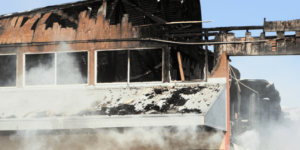April showers bring… water damage?
As residents of Austin, we’re all too familiar with the unpredictable weather that springtime brings. As winter melts away, we see more stormy weather and heavy rains, which increases the risk of water sneaking into our homes significantly.
Water damage is a leading cause of property damage. Not only does it damage your home’s structure, but it also attracts unwanted pests like carpenter ants and termites.
Also, dampness can lead to the growth of hazardous black mold, posing a serious threat to your health.
While a small leak might seem no big deal, it’s crucial to remember that prevention is far better than cure. A few simple preventative measures can save you from the costly and time-consuming process of water damage restoration.
Safeguarding your home against water damage should be a top priority.
Check out these 15 savvy strategies to help you prevent water damage as we move into spring:
1. Check Hoses and Faucets:
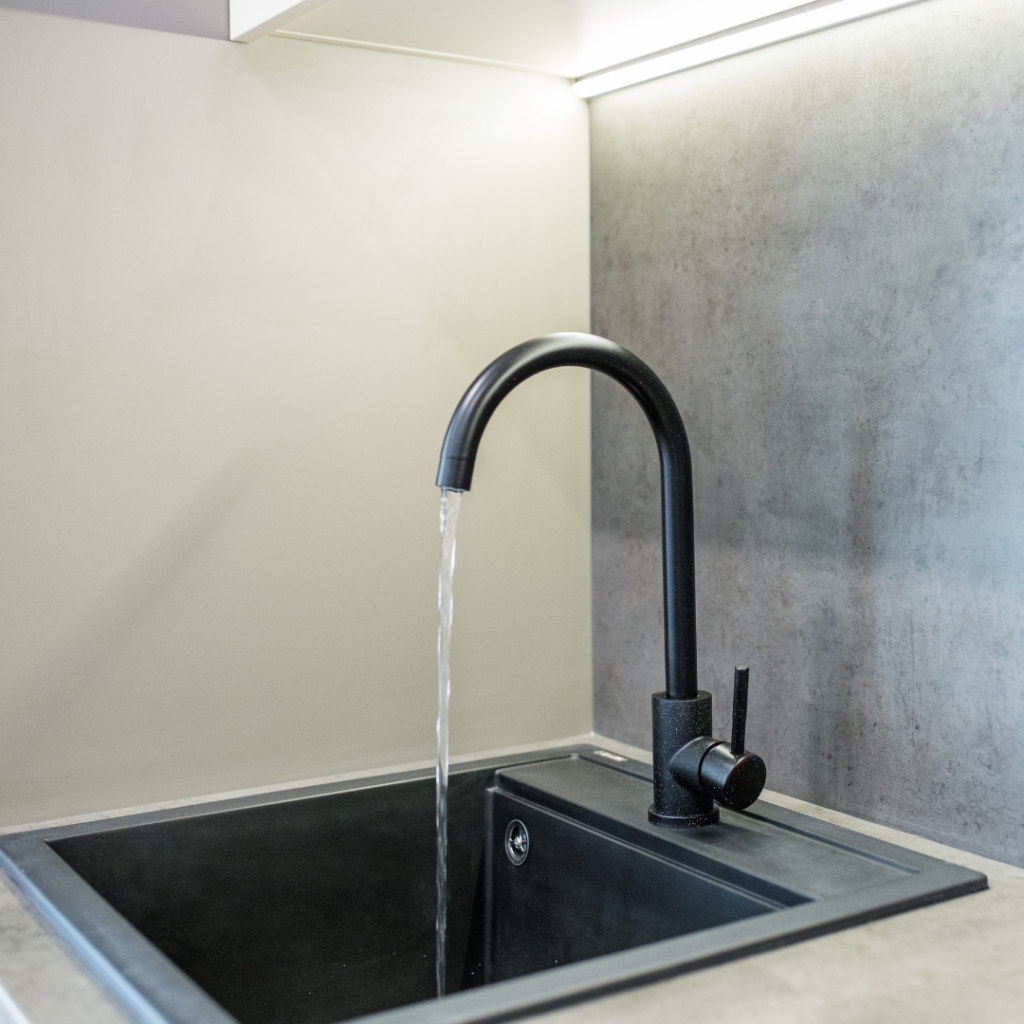
Regularly inspect your hoses and faucets. If you spot any leaks or signs of wear, it’s best to fix these before they cause significant water damage. Make it a habit to check your faucets and hoses for any leaks or damage signs every month or so.
2. Clean Gutters and Downspouts:
When leaves, twigs, or other debris clog downspouts and gutters, water can overflow and seep into your home. This can potentially cause serious damage, which may include issues like mold growth, compromised structural integrity, and basement flooding.
By regularly cleaning and maintaining your gutters and downspouts, you ensure they function properly. You should ideally clean your gutters at least twice a year – once in spring and once in early fall.
3. Trim Trees:
Regularly trimming trees around your property reduces the risk of broken branches or fallen trees damaging your roof and allowing water to seep into your home. This also helps keep your gutters free and clear, ensuring proper drainage and preventing water overflow.
4. Check for Areas of Moisture or Mold:
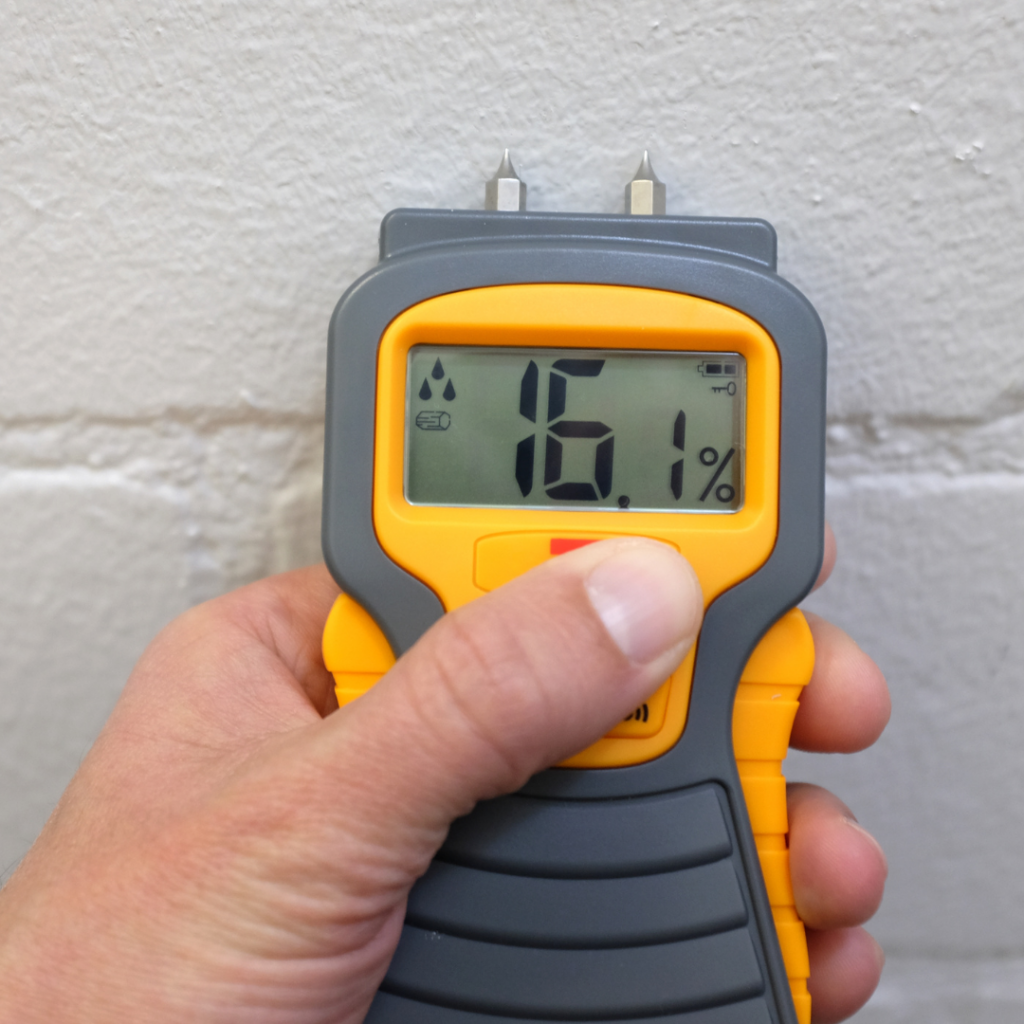
Regularly inspect your home for damp areas, flaking paint, or black-speckled marks, as these signs may indicate water damage or mold growth.
Pay close attention to areas like the basement, attic, and bathrooms, where moisture levels are typically higher. Taking early action upon noticing these signs not only prevents severe property damage but also safeguards the health of your household, as prolonged exposure to mold can lead to respiratory issues.
5. Know How to Shut Off Your Water Main:
The water main often serves as the primary source of water flowing into your home. Know your water main’s location and how to shut it off to avoid the stress of hunting for your water main shut-off valve in an emergency.
The faster you stop the water flow, the less damage your property will sustain.
6. Monitor Water Pressure:
Too much water pressure can cause pipes to fail and break, leading to water damage to your home’s foundation.
Regular checks can help detect leaks early, prevent pipe bursts due to high pressure, conserve water by identifying issues like running toilets or dripping faucets, and protect water-using appliances from damage caused by improper pressure. Regular maintenance can save you from costly repairs and severe damage in the future.
7. Watch Your Water Bill:
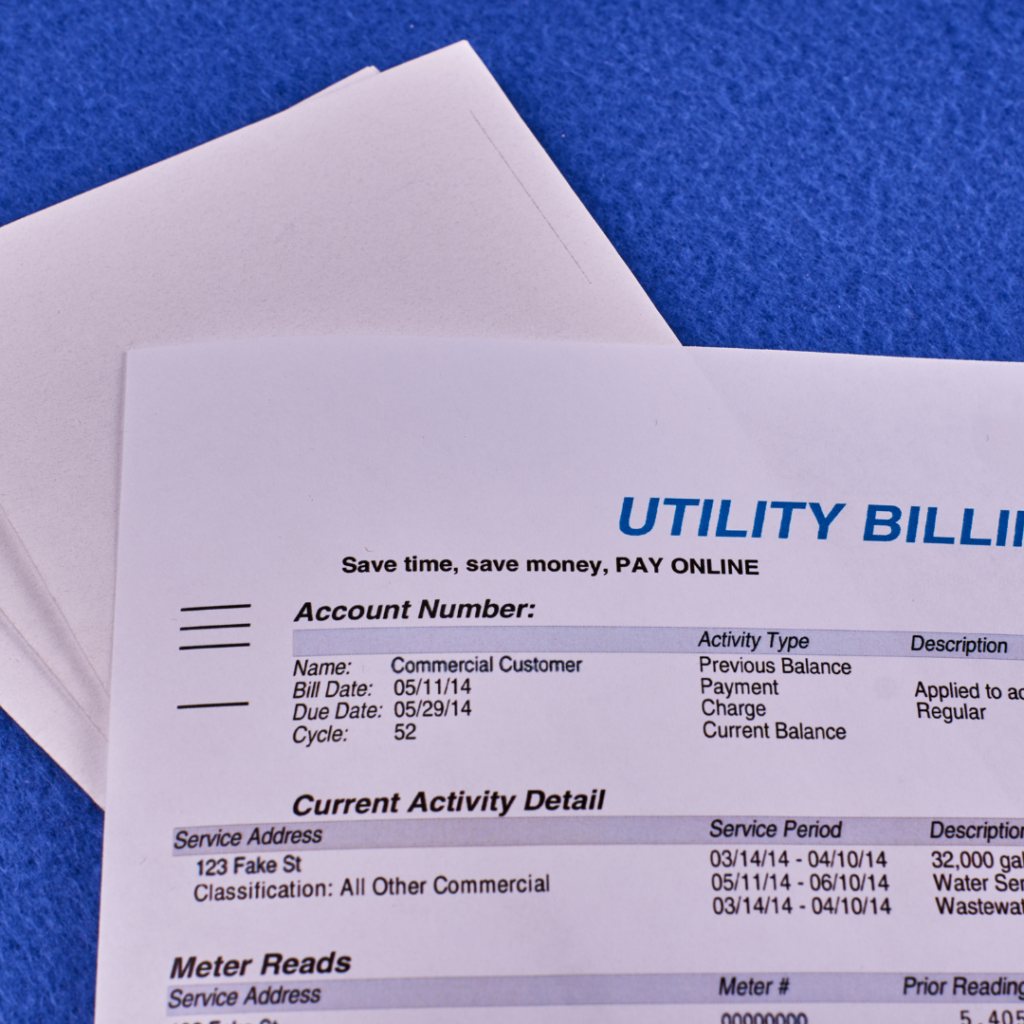
A sudden, unexplained increase in your water usage – and consequently, your bill – can often indicate a leak or other issue in your water system.
If you notice an unexpected increase in your water bill, it’s worth investigating whether a leak or other issue is causing the spike.
Water leaks, especially hidden or slow ones, can cause significant damage over time.
8. Inspect Your Roof for Damage:
The roof is your home’s primary shield against the elements, like wind, rain, hail, and the other wild weather that spring brings.
Inspect your roof to identify any weakened shingles, cracks, or other damage that may lead to water damage. When inspecting the roof, be sure to inspect the attic for any signs of water damage.
9. Backup Power Sump Pump:
A backup power sump pump is crucial for preventing water damage, particularly in flood-prone areas like basements and crawl spaces. It operates independently during power outages, ensuring continual removal of excess water from your home.
This prevents immediate flooding and protects against long-term issues such as structural damage and mold growth. Thus, a backup power sump pump provides invaluable protection for your home and belongings.
10. Turn off Water During Vacation:
Heading out of town for spring break? Turn off your water supply.
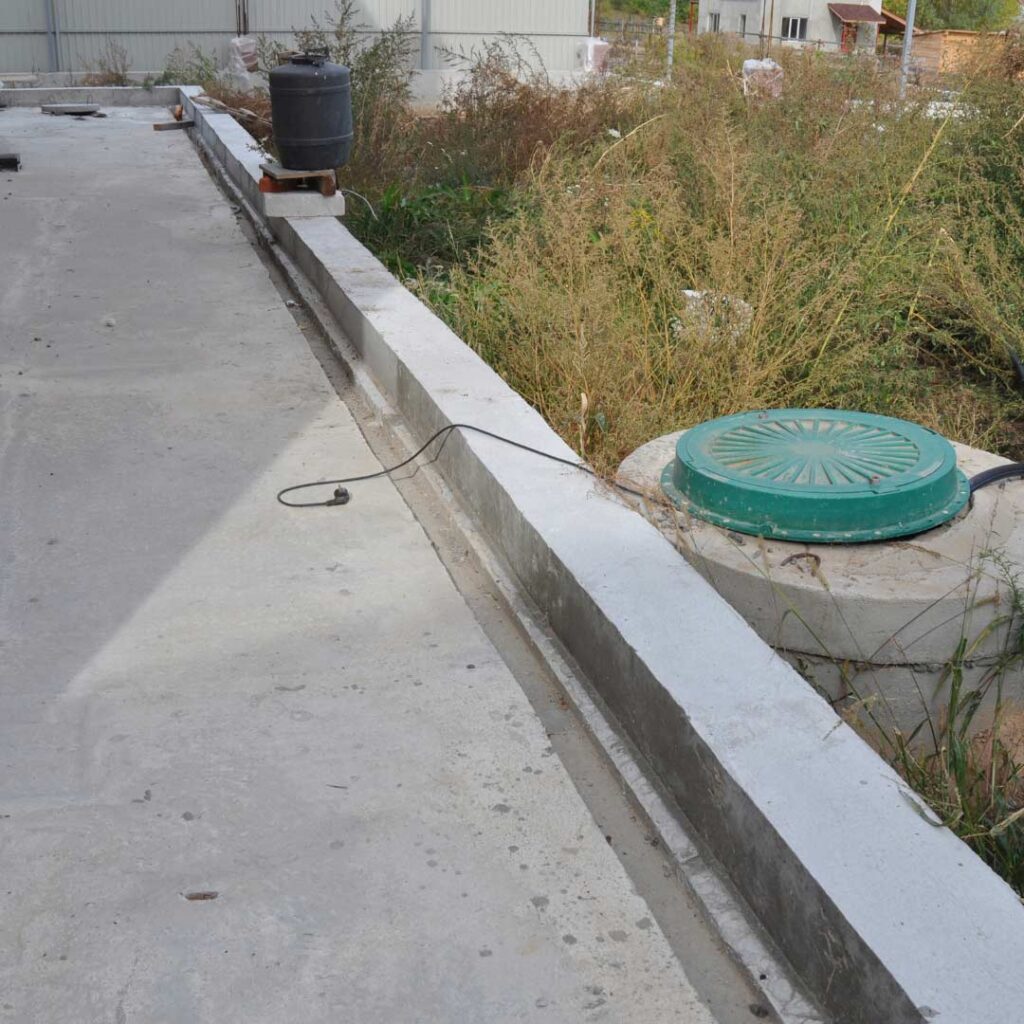
If a pipe were to burst or leak while you’re away, it could cause extensive damage before you return and address the problem. Eliminate this risk by shutting off the water supply. Water won’t continuously flow into your home even if a pipe fails.
This simple preventive step can save you from costly repairs and the hassle of water damage restoration after your vacation.
11. Check Appliances Regularly:
Regularly inspecting appliances such as dishwashers, washing machines, and refrigerators can help you identify potential leaks early on. These appliances frequently serve as sources of unnoticed water leaks.
You can spot any minor issues before they escalate into major problems by actively checking them regularly. This proactive approach helps maintain the efficiency of your appliances and also plays a vital role in preventing possible water damage to your home.
12. Install Leak Detection Sensors:
When you install leak detection sensors in your home or office, you equip yourself with a proactive measure against water damage.
These sensors work by constantly monitoring for any unusual water flow or moisture levels in your surroundings. Upon detecting anything out of the ordinary, they immediately send real-time alerts.
This instant notification gives you the opportunity to act swiftly and stop any potential leaks before they escalate into significant water damage. Rather than dealing with the aftermath, you’re taking control and preventing the problem from occurring in the first place.
13. Seal Windows and Doors:
Start by safeguarding your home from unwanted rain.
Identify and seal all potential entry points, which could be cracks in the walls, gaps in windows or doors, or small holes in the roof.
After pinpointing these weak spots, close them up completely with a high-quality sealant. By adopting this proactive approach, you can prevent rainwater from infiltrating your home and help preserve your property’s structural integrity.
14. Waterproof Your Basement:
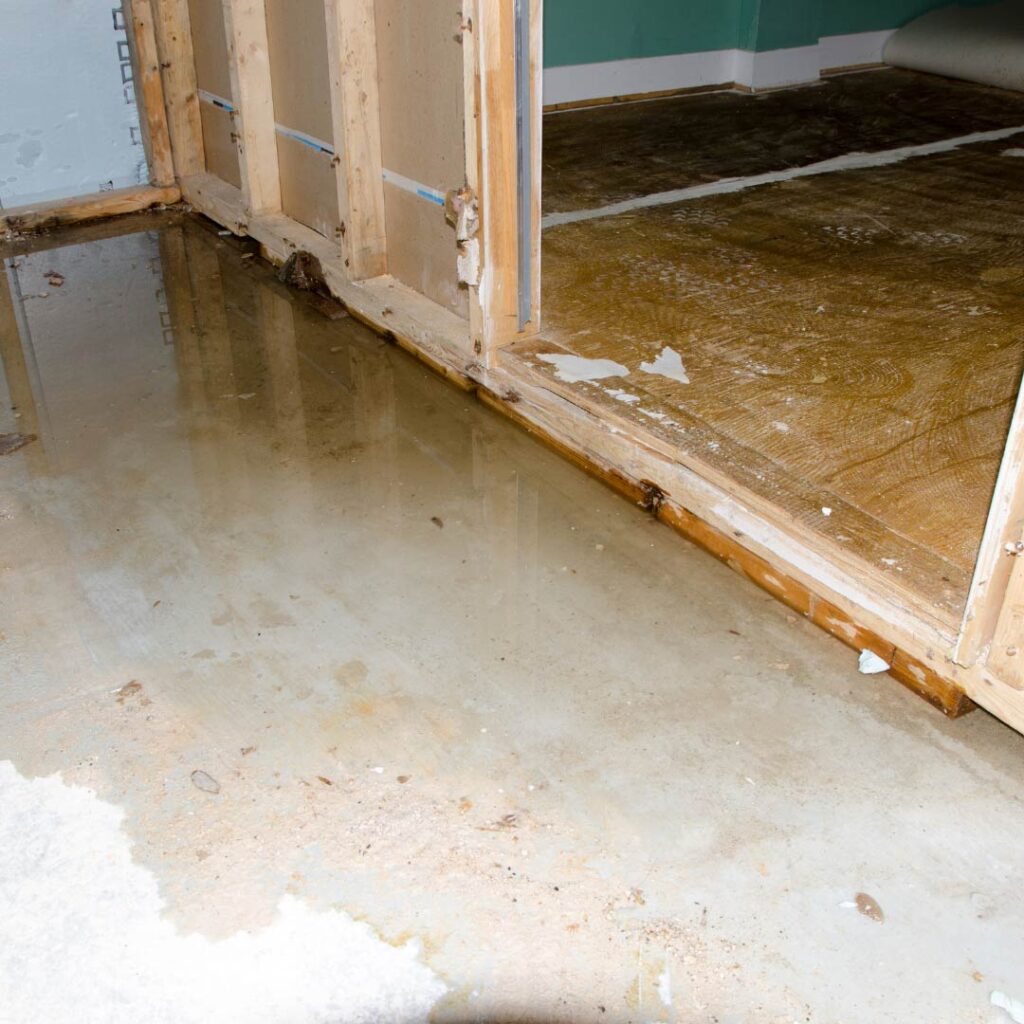
When you waterproof your basement, you create a barrier that stops water from seeping into your home from below the ground level. This proactive measure involves applying a special sealant or coating to the walls and floor of your basement.
Not only does this process keep your basement dry, but it also helps maintain the overall structural integrity of your house. By preventing water intrusion, you reduce the risk of potential water damage and mold growth.
15. Keep Drains Free and Clear:
When drains are unblocked, they efficiently carry away wastewater, thus eliminating any chance of overflow or backflow. Accumulated water from blocked gutters can seep into your home’s foundation, causing structural damage. Therefore, regular drain maintenance ensures your home stays dry, safe, and free from potential water-related issues.
Prevent Water Damage When Accidents Happen With All Nation Here To Help
As we welcome the spring season in Austin, it’s essential to take proactive steps to prevent water damage to your home.
From installing a backup power sump pump to turning off your water supply when you’re out of town, these are just a few of the 15 tips we’ve shared to help you safeguard your property. Remember, these simple preventative measures can save you from the stress of dealing with water damage.
However, even with the best precautions, accidents can still happen. If you find yourself facing water damage, don’t hesitate to call All Nation Restoration, your trusted partner, for comprehensive water damage restoration services. No matter the situation, we’re here to help you restore your home and peace of mind.






